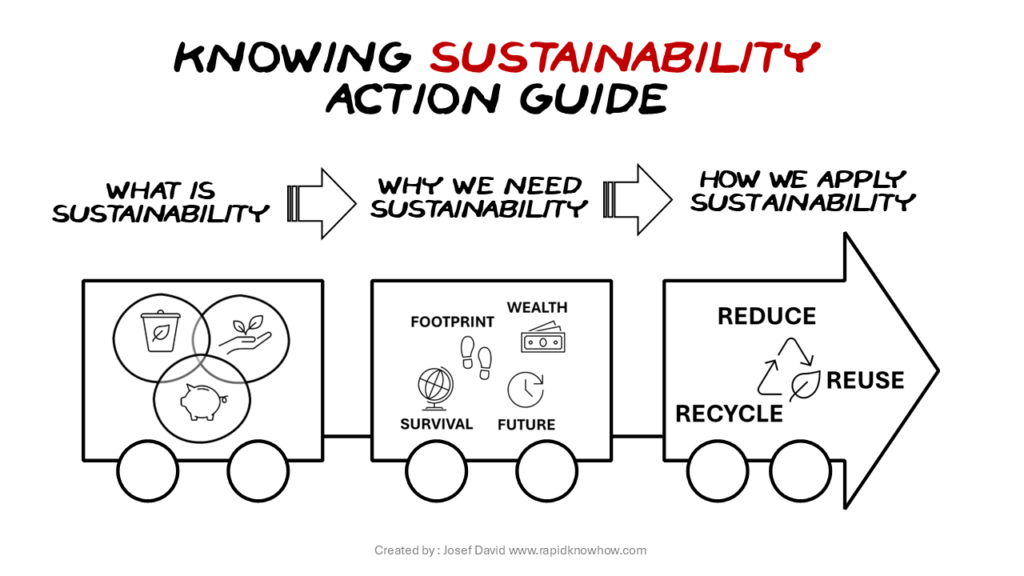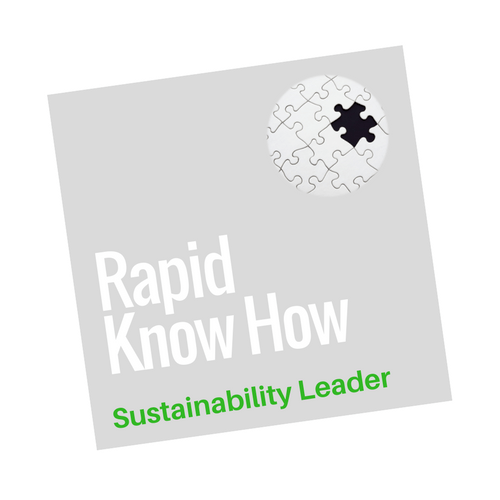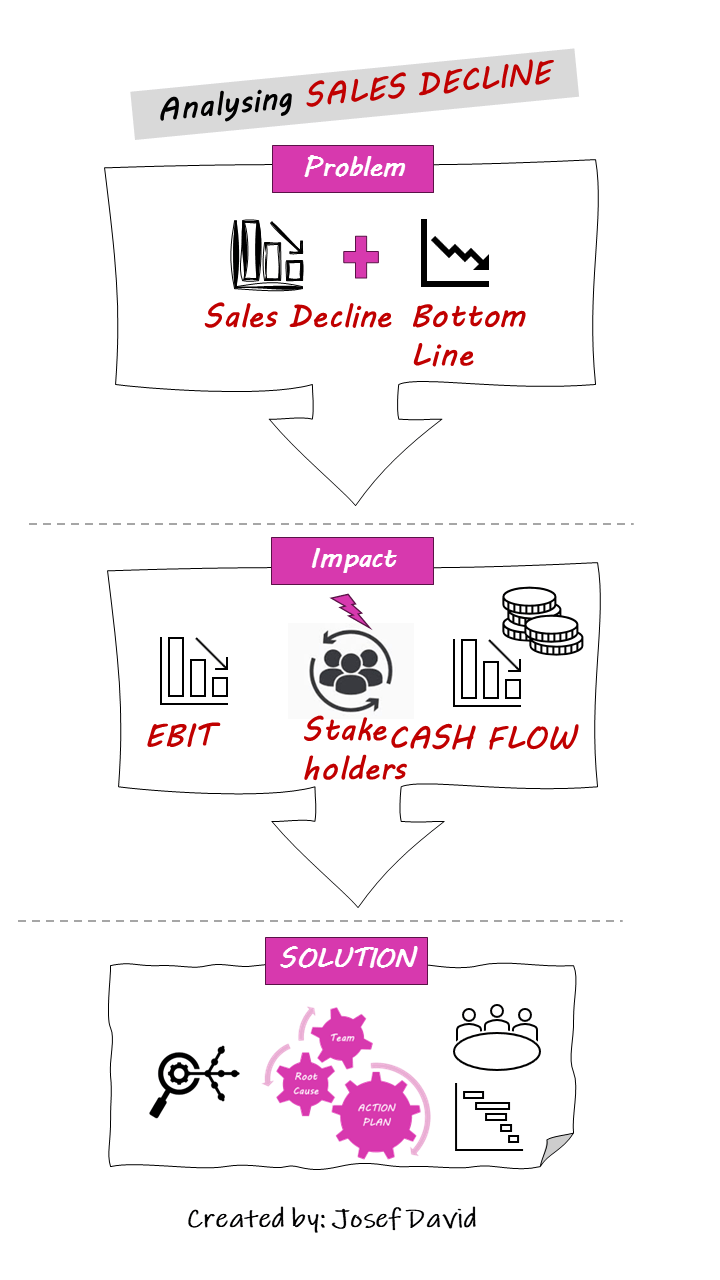Sustainability is a term that has gained significant traction in recent years, but how well do you really understand it? Let’s break down the concept, its importance, and how you can incorporate sustainable practices into your daily life.
What is Sustainability?
At its core, sustainability refers to the ability to meet our present needs without compromising the ability of future generations to meet their own needs.
This concept encompasses a wide range of practices and principles aimed at maintaining ecological balance, promoting social equity, and ensuring economic viability.

Sustainability can be broken down into three main pillars:
1. **Environmental Sustainability**: This involves protecting natural resources and ecosystems to maintain biodiversity and prevent environmental degradation. It includes practices such as reducing waste, conserving water, and minimizing carbon footprints.
2. **Social Sustainability**: This aspect focuses on social equity and community well-being. It emphasizes the importance of human rights, fair labor practices, and community engagement in decision-making processes.
3. **Economic Sustainability**: This pillar ensures that economic activities are conducted in a way that supports long-term economic health without depleting resources or harming the environment.
Why We Need Sustainability Know-How
Understanding sustainability is crucial for several reasons:
– **Global Impact**: Climate change, resource depletion, and social inequality are pressing global issues that require collective action. By understanding sustainability, you can contribute to solutions that address these challenges.
– **Personal Responsibility**: As individuals, our choices matter. Knowing how to live sustainably empowers you to make informed decisions that positively impact the environment and society.
– **Future Generations**: By adopting sustainable practices today, we ensure that future generations inherit a planet that is capable of supporting their needs.
– **Economic Benefits**: Sustainable practices often lead to cost savings in the long run. For example, energy-efficient appliances reduce utility bills, while reducing waste can lower disposal costs.
How to Apply Sustainability in Our Daily Life
Incorporating sustainability into your daily routine doesn’t have to be overwhelming.
Here are some practical steps we can take:
1. **Reduce Waste**: Start by minimizing single-use plastics. Carry reusable bags, bottles, and containers when shopping or dining out.
Composting organic waste is another effective way to reduce landfill contributions.
2. **Conserve Energy**: Be mindful of your energy consumption by turning off lights when not in use, using energy-efficient appliances, and considering renewable energy sources like solar panels for your home.
3. **Choose Sustainable Products**: Opt for products made from sustainable materials or those with minimal packaging. Support brands that prioritize ethical sourcing and fair labor practices.
4. **Eat Sustainably**: Consider adopting a plant-based diet or reducing meat consumption as livestock farming has a significant environmental impact. Buy local produce whenever possible to support local economies and reduce transportation emissions.
5. **Educate Yourself and Others**: Stay informed about sustainability issues through books, documentaries, or online courses. Share your knowledge with friends and family to inspire collective action.
Quiz: Test Your Knowledge on Sustainability
To gauge your understanding of sustainability, here are three questions along with their correct answers:
#1. What are the three pillars of sustainability?
#2. Which of the following is NOT considered a sustainable practice?
#3. What is one benefit of adopting sustainable practices at home?
Conclusion
In conclusion, understanding sustainability is essential for fostering a healthier planet and society for ourselves and future generations.
By making small changes in our daily lives and staying informed about sustainable practices, we can collectively contribute to a more sustainable world.
Whether it’s through reducing waste or supporting ethical brands, every action counts towards building a more sustainable future.









